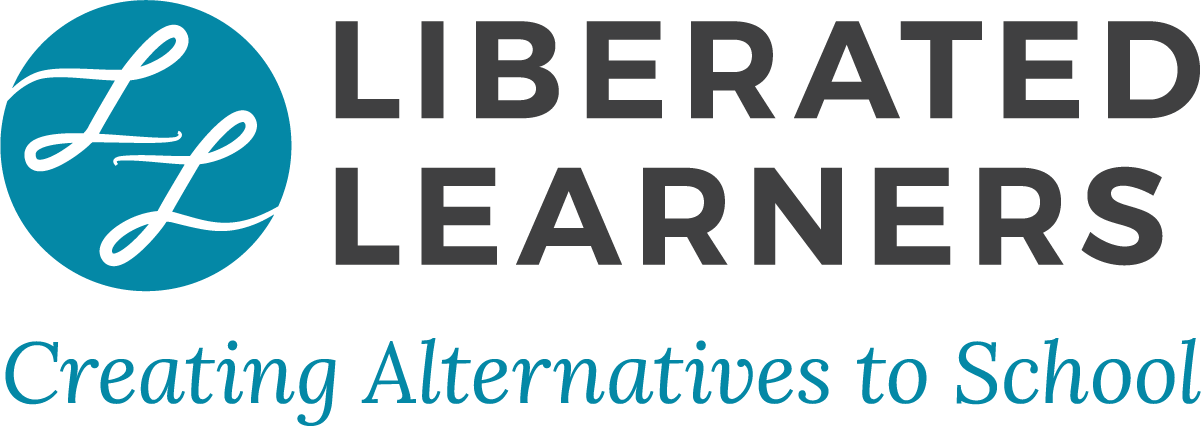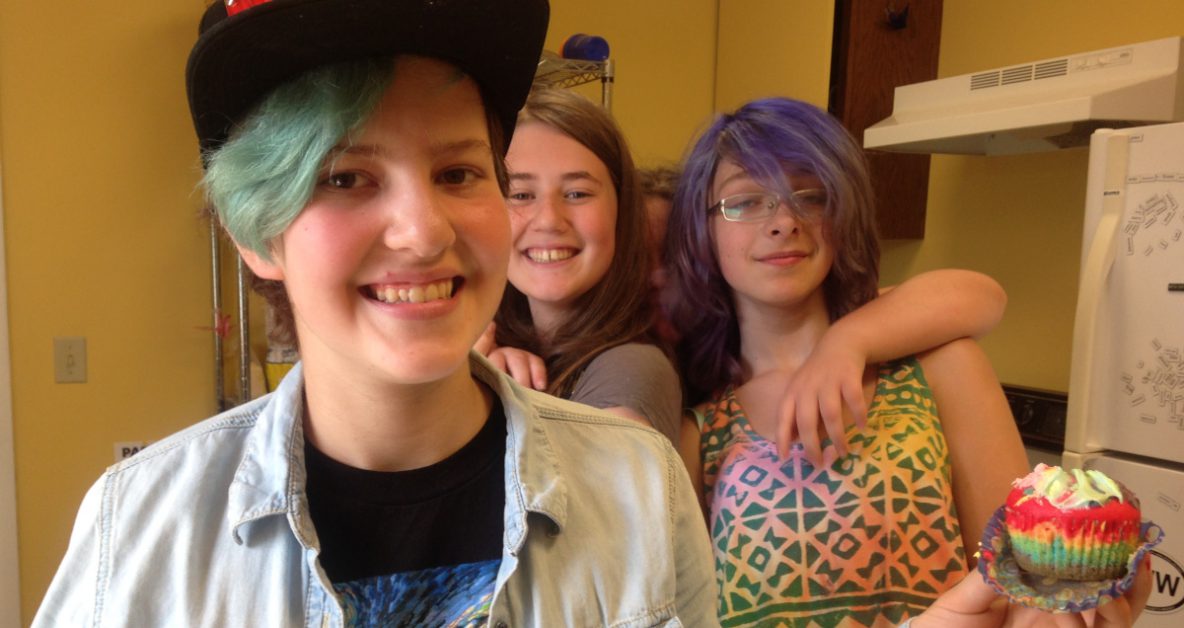By Abby Karos.
- Unless you’re a homeschooling family, your child or teen has been in school for many years. Consider this a sabbatical. Everyone can use a sabbatical. Wouldn’t you love one? If Sunday nights are anxiety-provoking and homework is a constant battle, a change might be the best thing for the entire family.
- They can return to school if they wish. Young people who have never set foot in a school their entire lives sometimes decide to enter school for their teen years. Do schools make them go back to kindergarten? Nope. They put them with their same-age peers. While we don’t issue credits, we do have student reports that can be shared with schools to help them understand the detailed content that has been covered in our courses and notes about the student. These can be very helpful.
- If you’re reading this, it’s likely that your child or teen is disenchanted with school and possibly depressed and/or anxious. Researchers have linked lack of choice and freedom with depression and feelings of helplessness. Shocker right? The real shocker is that we let kids spend approximately 11,000 hours (not counting kindergarten) of their childhoods in circumstances that most of us would actively avoid as adults. Consider a workplace that treated its employees the way that students are treated. The job description would look something like this: ‘Your job performance will be frequently rated – as much as several times per week. You may not move freely around the workplace. Failure on any level is grounds for dismissal. Obedient workers highly rewarded.’ This talk – a personal favourite – explores the increasing disconnect between traditional school and where the world is headed. This is not news to young people. Isn’t it odd that kids hating school is accepted as normal? Shouldn’t we all see something wrong with this? Too many young people end up feeling like they’re stupid because of the narrow range of intelligence valued in traditional school, which ends up as a colossal waste of talent for the world. Although it does keep therapists quite busy.
- The irony is that how traditional schools are structured is not supported by emerging – and decades-old – research. We know that intrinsically-motivated learning is the deeper, more optimal kind of learning. Many educational reformers argue that the 19th century factory model on which the current education system is based, runs counter to how children learn best and call for a return to how we were biologically designed to learn given that schools were not designed for learning. Consider this article, that shows that humans become more open-minded, persistent, motivated, and creative when we feel safe and that we are valued members of a team. What is now being touted as the most vital 21st century skill? That’s right, creativity. Sir Ken Robinson has a lot to say about this. Although others would argue that learning how to learn is the ultimate survival tool. We foster both at Compass.
- Success in one area of life leads to success in other areas. Happiness is a skill and needs to be nurtured. Why? Because really, what’s the point of life anyway?
Share this Post

